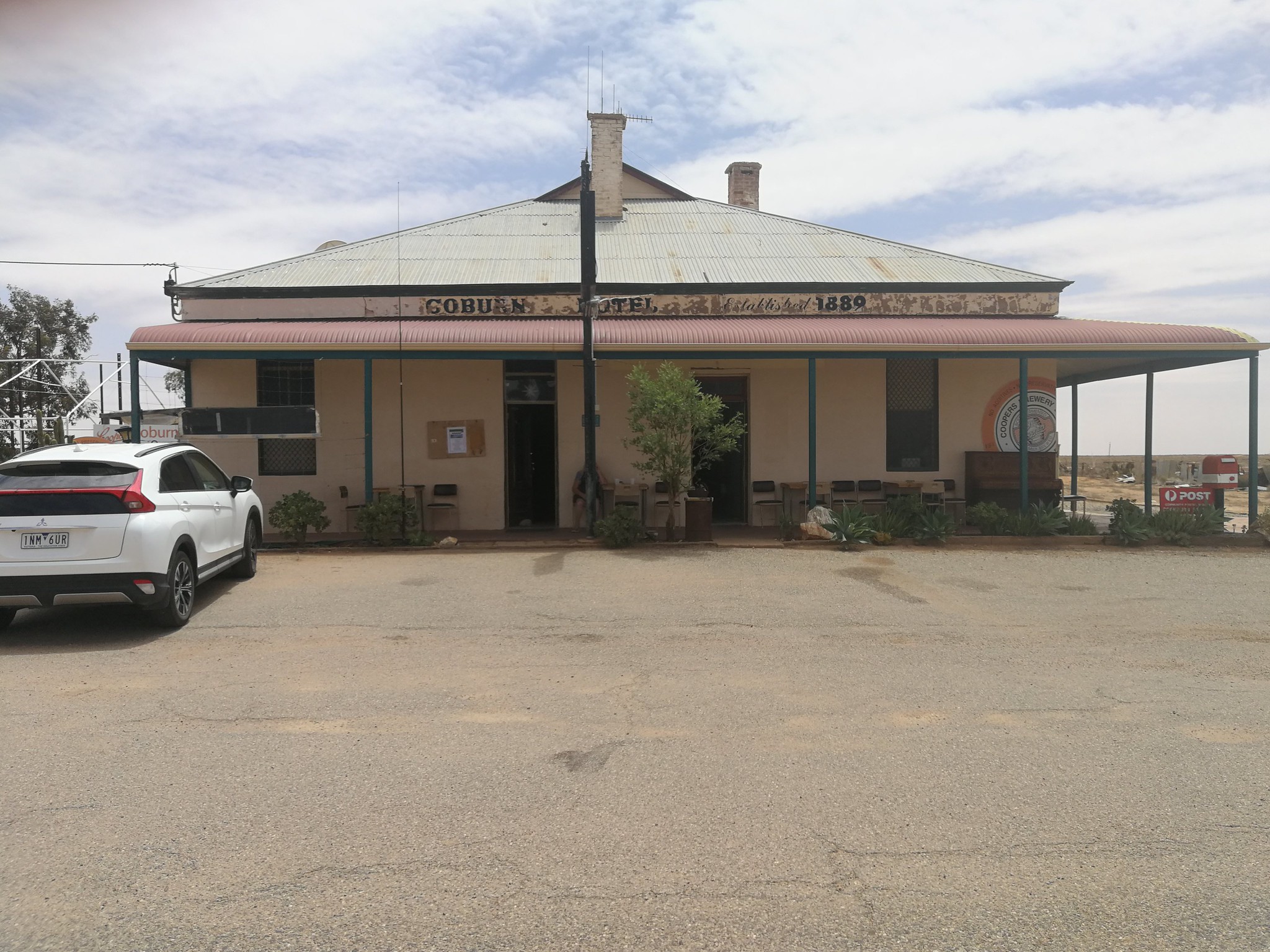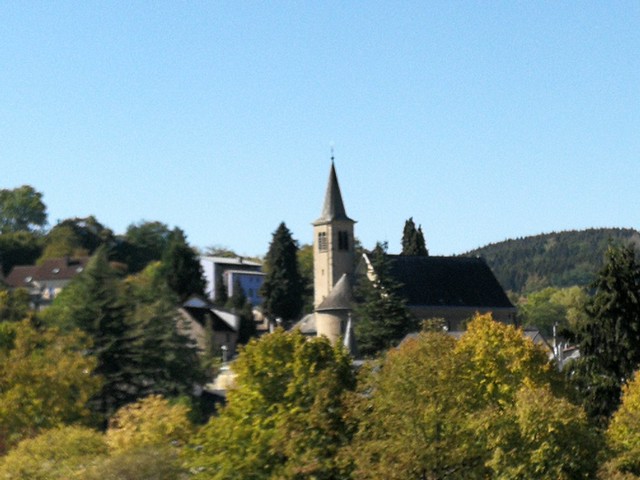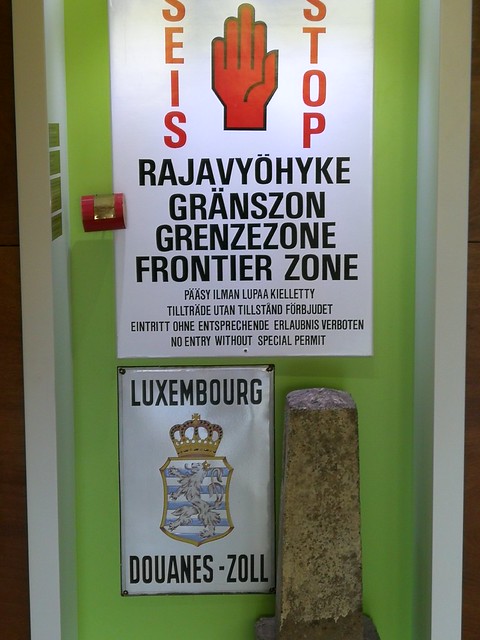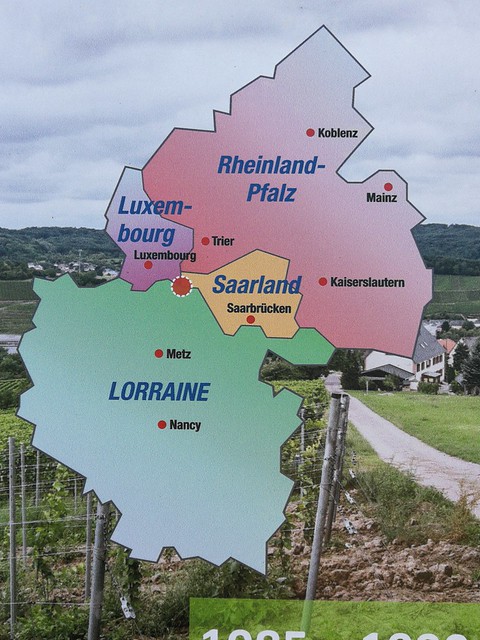George Pell’s conviction was a surprise to me. I’m at a loss to explain to myself how it came about. It is astonishing to think that a man of his stature and cunning could have done such things. The victim’s presentation to the jury as sole witness must have been compelling.
When I’m part of a ‘did he or didn’t he’ conversation, I argue that we cannot pretend to know if Pell is guilty because we were not present for the testimony of the witness.
I am not an expert, but the more I read about the fragmentary and therefore ‘unreliable’ nature of human memory, the more I’m convinced that the form or demeanour of a testifying witness can be more telling than the verbal content of his or her testimony.
Increasingly I’m reluctant to take literally words in the recall of a witness. In the same way, I’m not a biblical fundamentalist and therefore don’t read the Bible literally. I interpret its words in the light of a range of factors including studies in history and literature.
In the case of the Pell trial, I’m imagining that the jury would have interpreted the verbal recall in light of emotions the witness was displaying. They would have provided the key that those of us not present do not have to inform our judgment.
Many people dismiss any element of testimony that is thought to be guided by emotion. Court proceedings are based on rational argument that takes what a witness says literally. If holes can be picked in the verbal narrative of the witness, the allegations remain unproven. This might stand to reason, but I think the approach needs to be rethought.
I’m currently reading the recent book Diving for Seahorses: The Science and Secrets of Human Memory, which was written by two Norwegian sisters, one a neuropsychologist and the other a writer and journalist. It looks at the evolution of our understanding of memory, including the watershed questioning by the father of psychology William James, in the late 19th century.
‘When James was alive, people thought of each memory as a unit, a copy of reality, like something that could be pulled out of a folder in a filing cabinet.’
But instead the key to understanding memory came to be seen as the seahorse, ‘slowly swaying in rhythm with the sensory areas and the emotion and awareness centres of the brain’.
Hence the Greek word for seahorse - hippocampus - was used to name the elongated ridges on the floor of each lateral ventricle of the brain, thought to be the centre of emotion and memory.
The fact that our recollections are influenced by emotions and sense perception - such as taste and smell - means that two people who have experienced the same phenomenon will often have completely different memories of it.
This could explain why contextual information about Pell’s sexual abuse that was provided to the media by others does not square with the witness testimony of the victim. Because it's said to be unlikely that Pell would have returned so quickly to the sacristy, the victim's testimony is thought to be discredited.
The ABC journalist Louise Milligan is one of the few people aside from the jury to have met the victim. She said ‘I defy anyone to meet this man and not think that he is telling the truth.’
Perhaps we should refrain from advancing opinions on the truth or otherwise of the victim’s testimony until we get to meet him.




